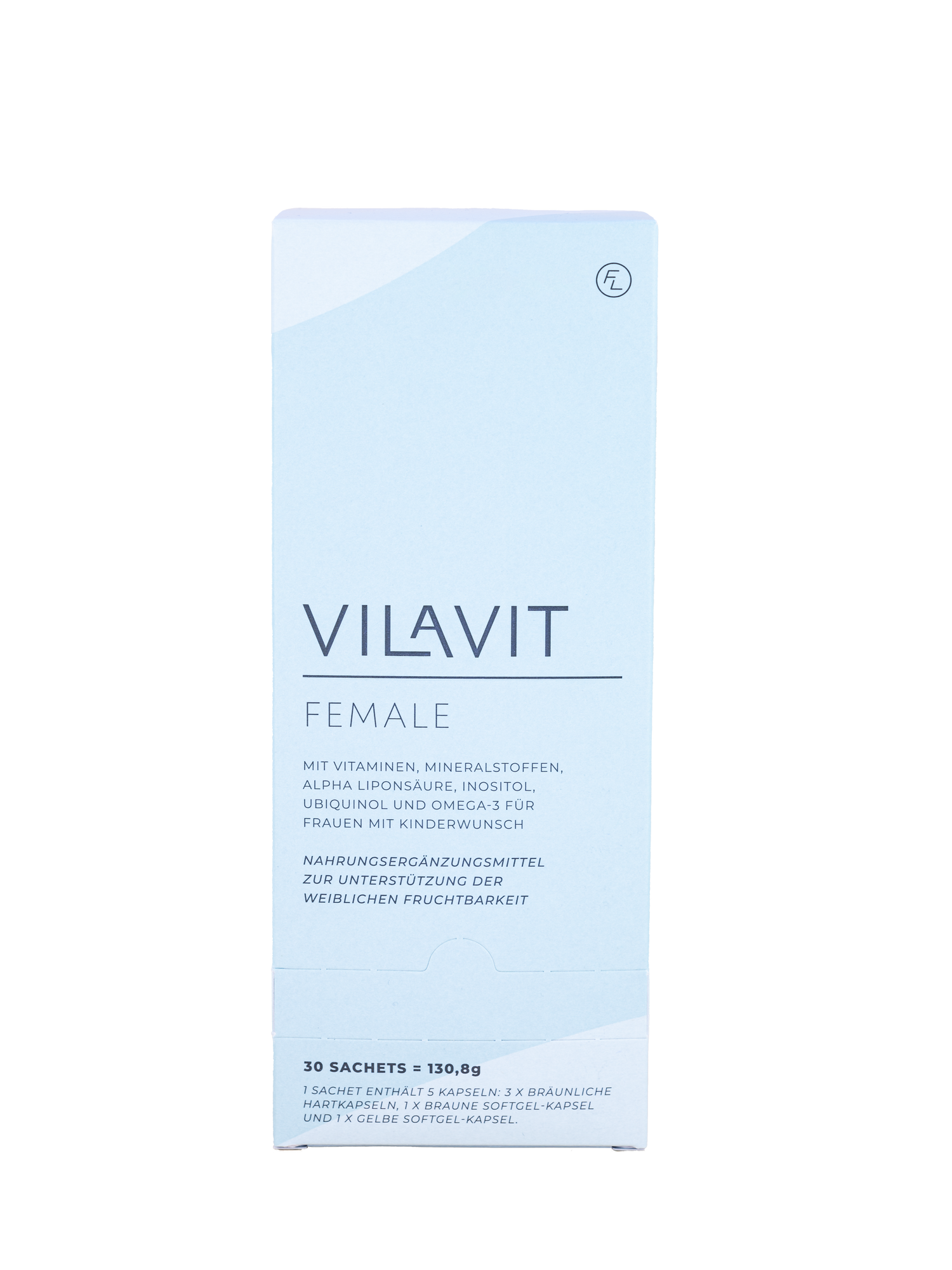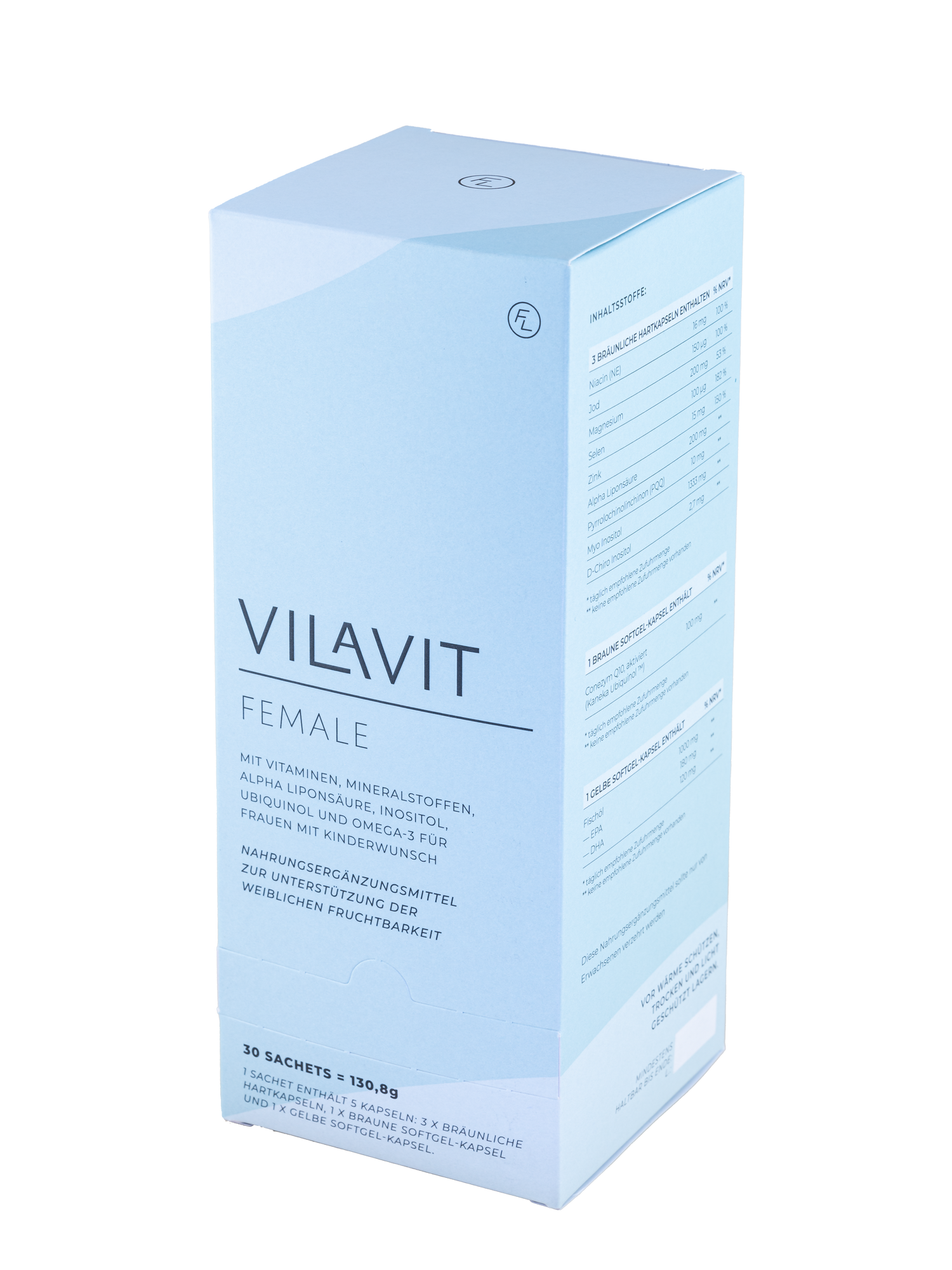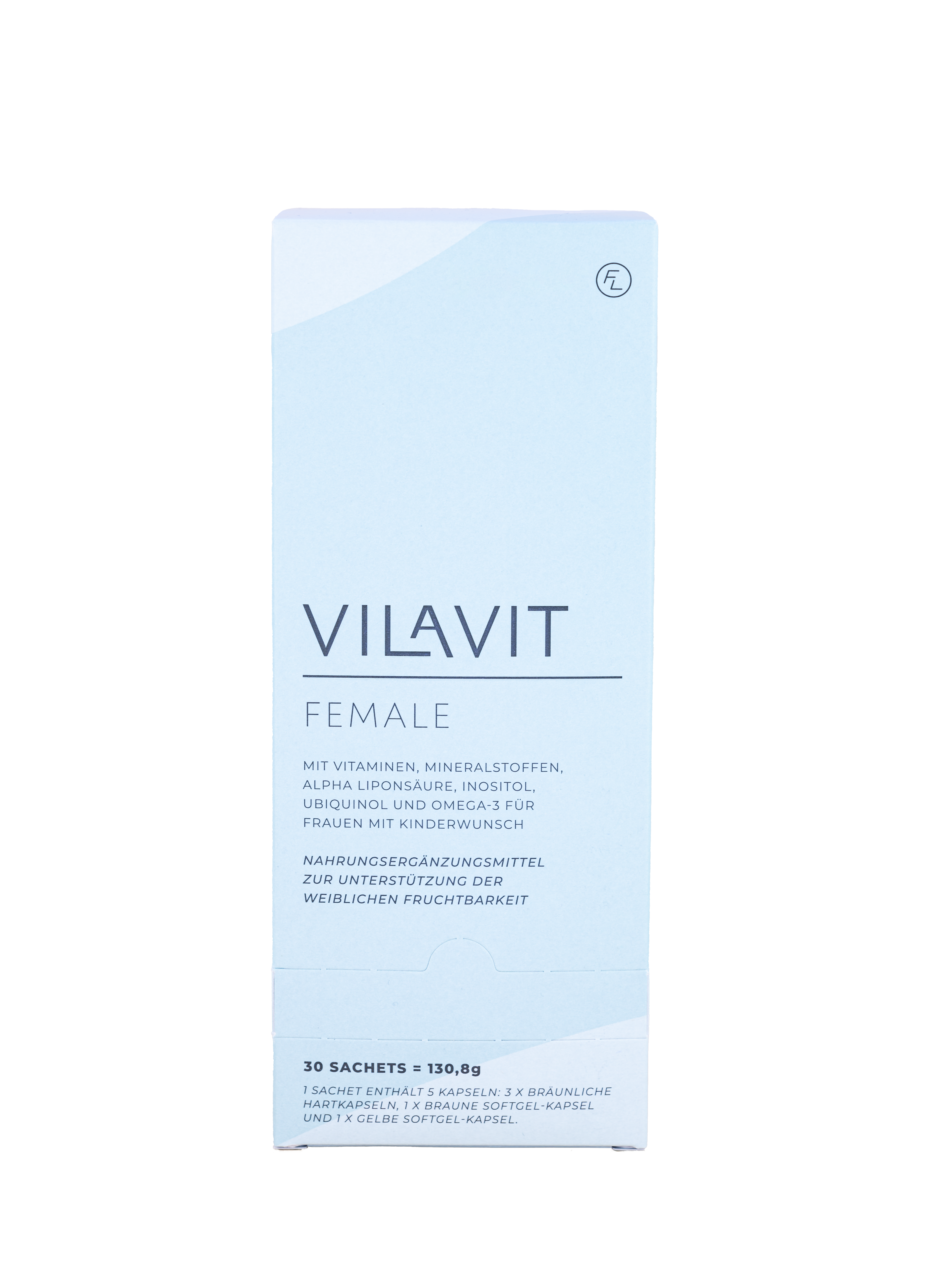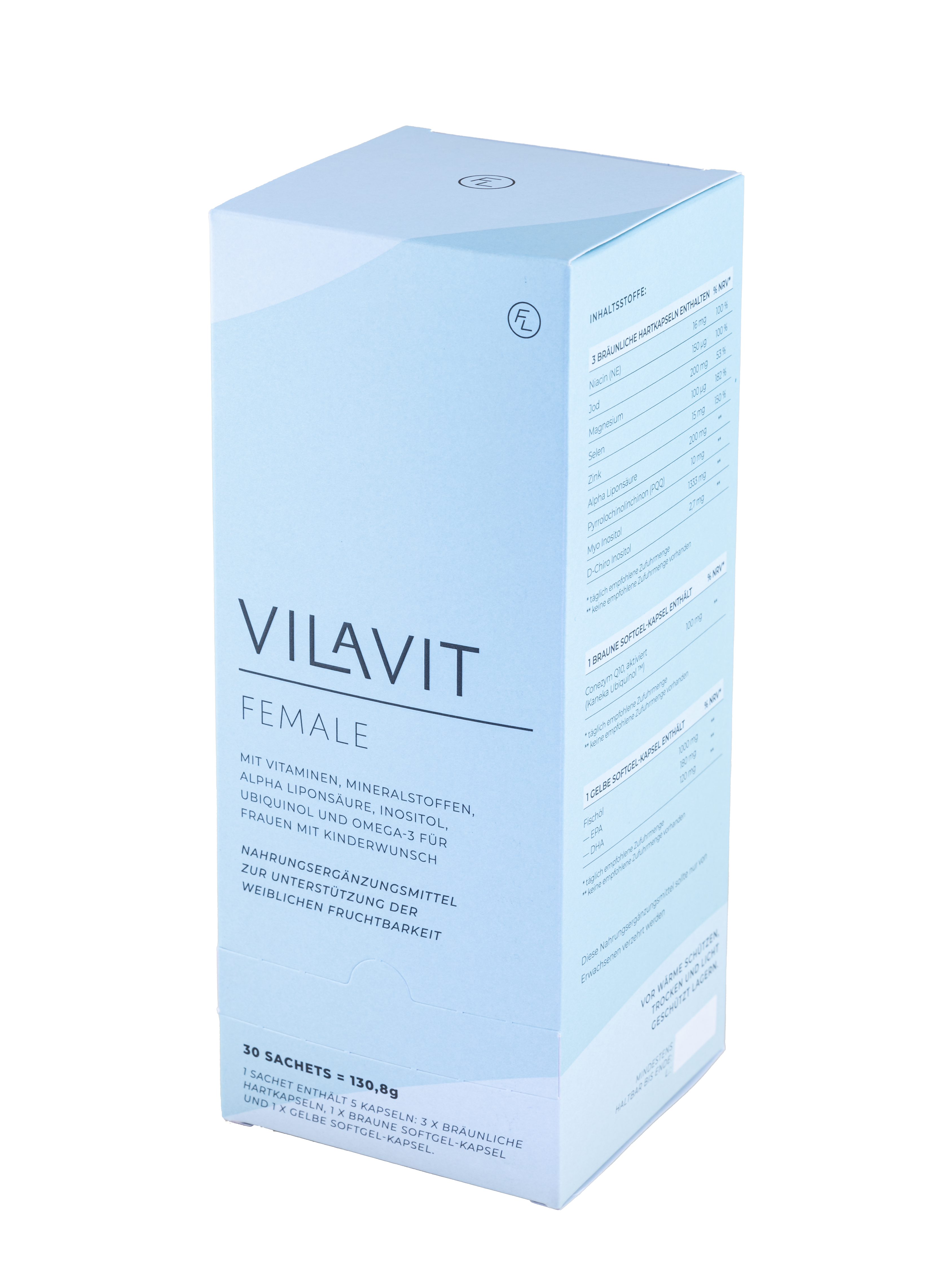Chronic Endometritis is a condition that is often asymptomatic and unnoticed but can significantly impact fertility. Up to 10% of women are affected, with those experiencing repeated implantation failures and recurrent miscarriages more likely to suffer from this condition. In this blog post, we'll delve into this condition in detail: what is chronic endometritis, what are its causes and treatment options, and most importantly, how does it affect fertility, and what should affected individuals do?
What is chronic endometritis?
Endometritis is inflammation of the uterine lining, or endometrium. When this inflammation persists over a prolonged period, it is referred to as chronic endometritis. This condition is often asymptomatic, meaning affected individuals may not notice any obvious signs.
What are the symptoms of chronic endometritis?
Symptoms can vary, ranging from asymptomatic to chronic pelvic pain, vaginal discharge, and abnormal bleeding during the menstrual cycle.
How is chronic endometritis diagnosed?
Diagnosis typically involves an endometrial biopsy, where a small sample of the uterine lining is taken. This biopsy can be performed during a gynecological examination or through hysteroscopy, which involves a visual examination of the uterine cavity. Depending on pain tolerance, this procedure can be done under local anesthesia, with pain medication, or without any pain medication.
What causes chronic endometritis?
The exact causes of chronic endometritis are not always clear, but there are some factors that can increase the risk, including:
1. Bacterial infections: Chronic infections in the genital tract, especially by bacteria such as Chlamydia or gonorrhea, can lead to inflammation of the endometrium.
2. Instrumental procedures: Previous uterine interventions such as cesarean section, dilation and curettage, or hysteroscopy can increase the risk of chronic endometritis.
3. Hormonal disorders: Imbalances in hormone levels, particularly a deficiency in progesterone, can predispose to chronic endometritis. What are the treatment options? Treatment of chronic endometritis typically aims to eliminate the underlying inflammation and regenerate the endometrium.
The classical therapy is antibiotic treatment: Taking antibiotics can effectively combat the inflammation. The standard therapy consists of Doxycycline 100mg twice daily for 14 days.
Clinical studies confirm that effective treatment of chronic endometritis significantly increases the prospects of a successful pregnancy. Women who have experienced repeated miscarriages particularly benefit from successful treatment, as both the chances of conception and the likelihood of a continuing pregnancy increase.
Despite the high effectiveness of this therapy (over 90% cure rate), there are differing opinions on whether a second biopsy for confirmation of healing is necessary.
What are the implications of chronic endometritis for fertility?
Chronic endometritis can significantly affect fertility.
Impairment of implantation: Inflammation and increased natural killer cells (NK cells) formed by the immune system to combat inflammation can negatively influence implantation and disrupt embryo development.
Alteration of the uterine lining: Inflammation can lead to structural changes in the uterine lining, impairing its ability to accept and support an embryo.
Increased miscarriage rate: Women with chronic endometritis have an increased risk of recurrent miscarriages. Inflammation can impair normal embryo development and lead to pregnancy complications.
What can affected individuals do?
Early diagnosis and treatment can be crucial in improving the chances of a successful pregnancy.
Therefore, individuals experiencing repeated implantation failures and frequent miscarriages, with suspicion of chronic endometritis, should consult fertility experts, reproductive medicine specialists, or gynecologists experienced in treating fertility disorders.
Furthermore, maintaining a healthy lifestyle comprising balanced nutrition, intake of fertility-promoting micronutrients, regular exercise, and stress management is important.















